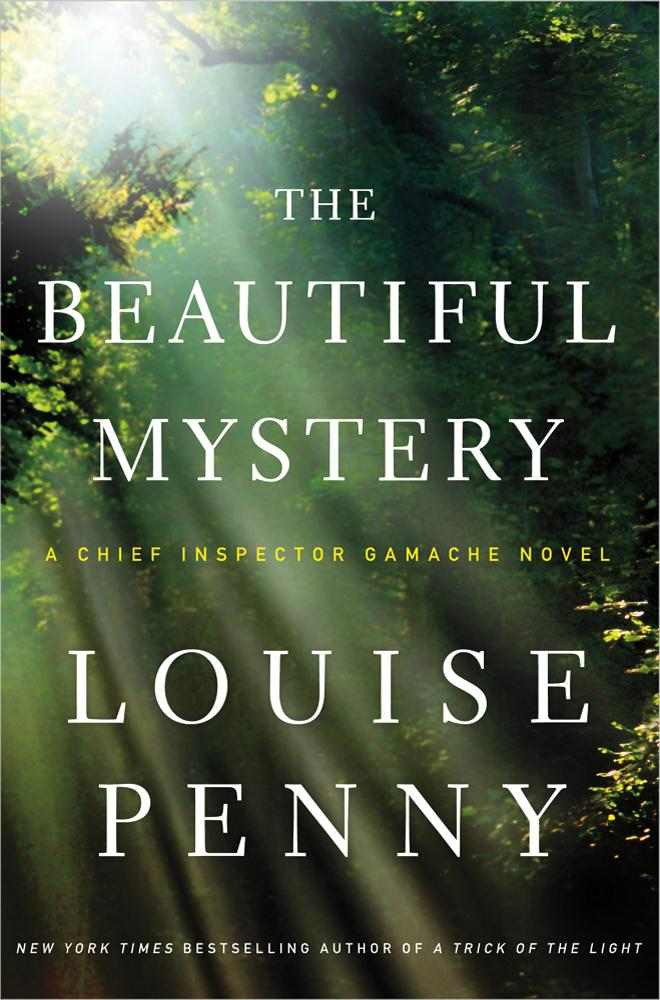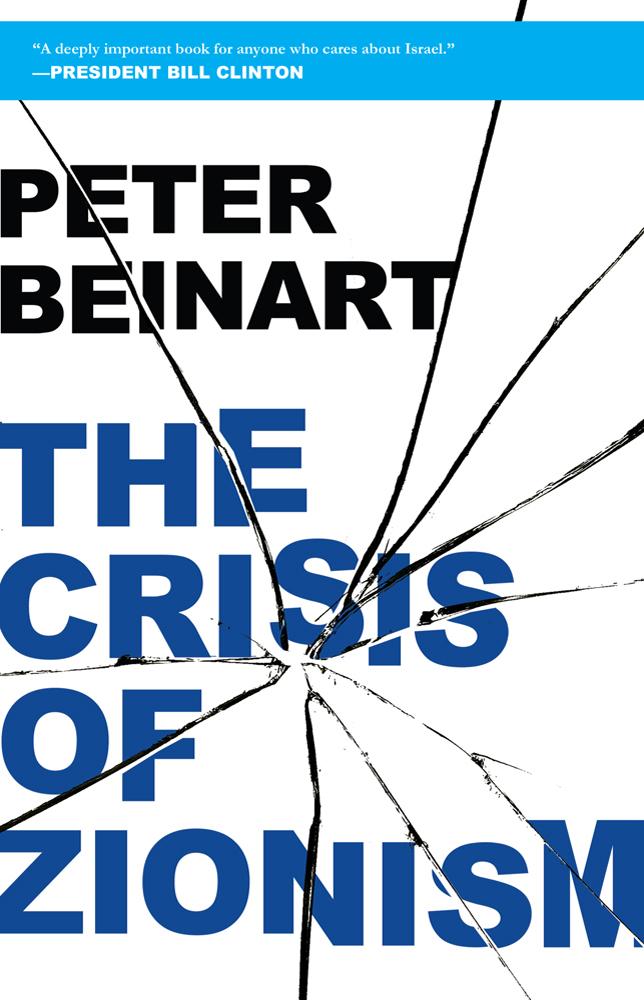Blog
My Favourite Books of 2012, Jamie Broadhurst
by Jamie
Fiction + Politics / December 18, 2012

Louise Penny’s The Beautiful Mystery has been acclaimed everywhere: “Penny is Canada's best contemporary crime writer, among the best in the world, and one of our best writers, period"—said one reviewer this fall. She and proves it withThe Beautiful Mystery. I won’t spoil the story by giving away the plot, it is mystery after all, but it is special kind of mystery; an extended play on the locked-room genre of detective stories, now moved to a locked monastery in the wilds of Quebec. Yet like all of Penny’s writing, it is the telling emotional details that give The Beautiful Mystery such resonance...
And something that Louise said at the Vancouver Writers’ Festival has stuck with me. When asked a question about technique, Louise answered by explaining the journalist rule of naming the dog – Louise was a CBC journalist for many years before turning to writing fiction. When writing story of a story of something horrible like a child being struck by a car while chasing after their dog, the journalist should try and find out the name of the dog. The detail, far from being trivial, in fact deepens our understanding of motivation, the child ran out not to save a dog, but to save “Rover” or “Goldie”, not just a pet, but someone the child loved. It also brings the reader into the tragedy, beyond the shield of abstraction. The right details lead to greater empathy.
My non-fiction pick has little in common with Louise Penny except that Peter Beinhart in his The Crisis of Zionism has the same eye for the telling moral detail. And I guess the politics of the land west of the Jordan River is like a locked-room mystery, the protagonists cannot leave their confines and the ending is far from certain.

Beinhart, a former editor of one of my favourite magazines,The New Republic, is asavvy publicist for renewed liberal voice in Jewish and Israeli politics. In The Crisis of Zionism he calls for a new ethic of Jewish Power that recognizes the post-1967 reality of Israel as the regional superpower and return to Zionism’s democratic and leftist roots. There is a lot of policy and some (selective) history packed in, but it is the personal anecdote that registers most with me.
In the introduction Beinhart describes a video of a Palestinian man, Fadel Jaber being arrested for stealing water (Settler water usage is five times higher than it is for non-Israelis in the Occupied Territories). As he is being led away his five year old son Khaled rushes up to him crying “Baba, Baba!” Arabic for father. The video (shot by an Israeli peace activists) triggers an emotional connection. Beinhart writes;
“… my son is Khaled’s age. He attends a Jewish school, has an Israeli flag on his wall, and can recount Bible stories testifying to our ancient ties to the land. When he was younger, we thought he would call me Abba, the Hebrew word for father. But he couldn’t say Abba, so he calls me Baba; the name Khaled calls his father.”
Beinhart goes to say he is working for world where Zionism means place of refuge for his older relatives of the Diaspora who want to know an Israeli state is waiting should they need it and at the same time a Zionism that can allow for dignity and a meaningful state to a Palestinian man whose son calls out using the same term of address as Beinhart’s boy. A simple word choice and the hard choices of Middle Eastern politics won’t be solved by personal word associations alone; Abba and Baba, but it is a start.
Abba is also used in the New Testament and as the historian Diarmaid MacCulloch observed few years ago (in one of my favourite books of 2010); the use of Abba has a more intimate tone than we think; more like “dad” than “Father”. Abba is used three times to refer to God in the Gospels including Jesus at Gethsemane. It hints at a different sensibility than we understand today when we think of patristic religion, a world of dads not Fathers.
Sometimes real understanding comes from the small details.
Jamie Broadhurst, VP Marketing
